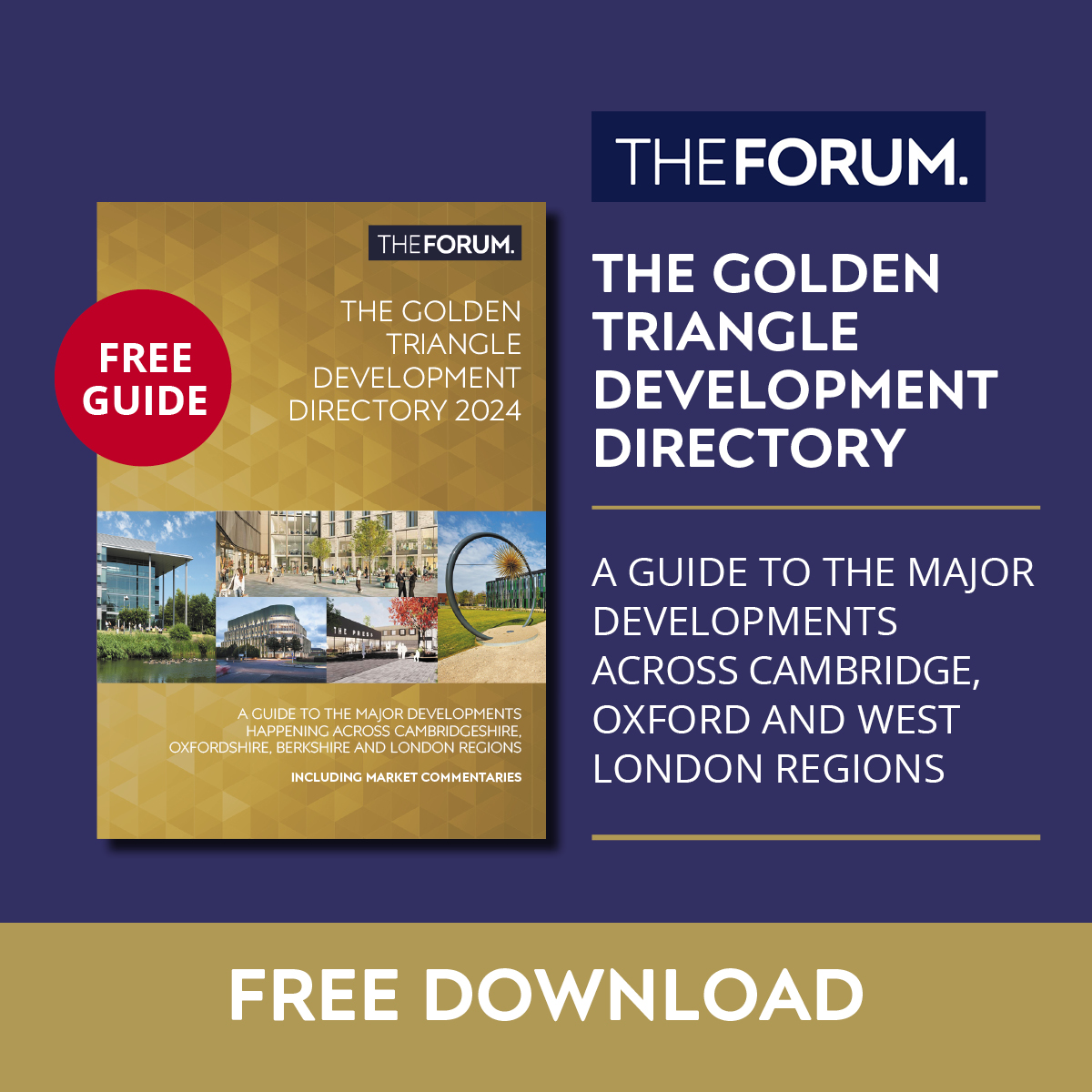Pippa Garrod, associate solicitor in Blandy & Blandy’s dispute resolution team, outlines the action that commercial landlords can take when a tenant is not paying rent owed.
Action landlords can take
Reach an agreement with the tenant
Throughout the pandemic the Government guidance has emphasised that landlords and tenants should work together during this difficult time and share the financial burden.
Many landlords and tenants are entering into temporary payment agreements where rent is suspended, reduced or waived completely.
A voluntary code of practice for commercial property relationships was introduced in which parties agree to act in good faith, reasonably and flexibly. Tenants who are in a position to pay are encouraged to do so. Where they are unable to pay, they are encouraged to communicate with the landlord and seek to reach an agreement.
Draw down on the rent deposit
If there is a rent deposit then landlords can consider drawing down on it to pay some or all of the arrears. Whilst this will assist landlords in the short term, they will then be looking for the tenants to top up the rent deposit for the future, when the tenant may not have the funds to do so.
Pursue a guarantor or former tenant
Landlords continue to be able to pursue guarantors and any former tenants where they are bound by a contractual guarantee.
Pursue a money claim through the court to recover the debt
The courts have continued to issue claims since the first lockdown in March and so this is still an option for landlords. Landlords should send a letter before claim before any court proceedings, which may well prompt payment from the tenant if they see that court action is likely.
The ability to enforce a county court judgment is another issue, if the tenant is unable to pay. The lockdown has also impacted on High Court enforcement officers’ ability to attend commercial premises to enforce money judgments, particularly when businesses have been forced to close.
Action landlords are limited to taking
Commercial rent arrears recovery (CRAR)
The CRAR procedure is where bailiffs are able to enter commercial premises in order seize goods to the value of the outstanding debt. The Taking Control of Goods (Amendment) (Coronavirus) Regulations 2020 came into force on September 29, 2020 and this significantly restricted landlords’ ability to take enforcement action through CRAR for rent arrears from March onwards.
The minimum amount of rent arrears that must be outstanding before being able to use CRAR is 276 days’ rent from September 29, 2020 until December 24, 2020, and 366 days’ rent from December 25, 2020.
Action landlords cannot take
Forfeiture
The Coronavirus Act 2020 came into force on March 26, 2020 and this restricts the ability of landlords to recover possession of commercial premises by peaceable re-entry or court order. Landlords are currently unable to forfeit leases and recover possession of commercial premises due to the non-payment of rent until December 31, 2020.
Statutory demand and insolvency proceedings
The Corporate Insolvency and Governance Act 2020 came into force on June 26, 2020. This restricts the presentation of winding-up petitions where a company cannot pay its rent (or other bills) due to Covid-19. Whilst statutory demands can still be served on company tenants to demand rent, they cannot form the basis of a winding up petition. The restrictions are currently in force until December 31, 2020.
With another countrywide lockdown from November 5, 2020, there is a possibility that many (if not all) of the restrictions referred to above could be extended beyond December 31. 2020.
If you are faced with a similar situation or may require legal advice in relation to a property dispute, our specialist dispute resolution team is here to help.
For further information or legal advice, please contact law@blandy.co.uk, call 0118 951 6800 or visit www.blandy.co.uk
This article is intended for the use of clients and other interested parties. The information contained in it is believed to be correct at the date of publication, but it is necessarily of a brief and general nature and should not be relied upon as a substitute for specific professional advice.
© Thames Tap (powered by ukpropertyforums.com).
Sign up to receive your free weekly Thames Tap newsletter here.















